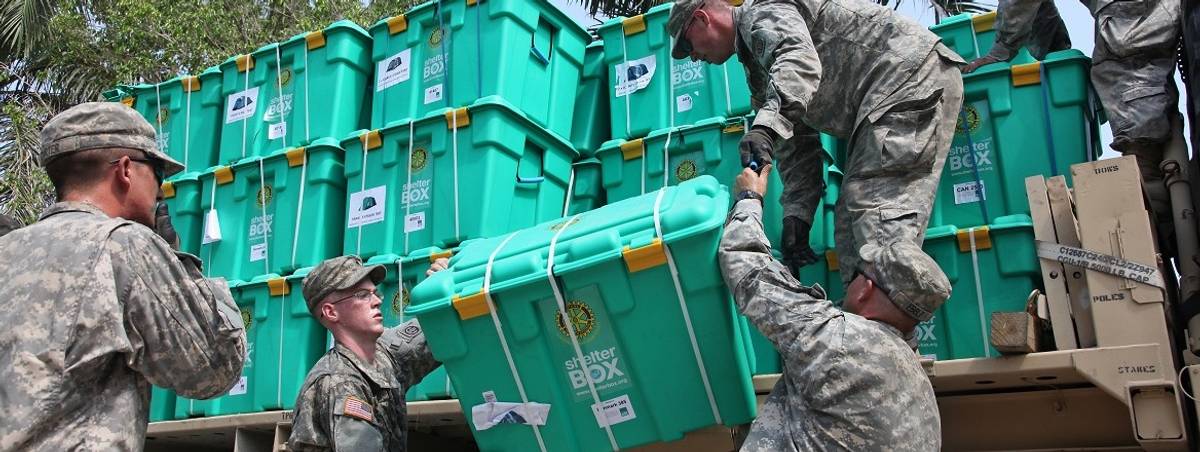Stabilisation: Shaping International Policy and Practice
Focusing on existing operations from around the world, the project examines the future of stabilisation missions and how policymakers can draw lessons from past failings.
International stabilisation efforts face an uncertain future. Despite some successes over the past 20 years, most interventions have failed in strategic terms. With the nature of armed conflict changing as new threats, technologies, actors and strategies come to the fore, a reflection on the stabilisation paradigms of the past is overdue.
The project seeks to provide a sustainable platform for a broader dialogue on stabilisation efforts. It brings international policymakers together, involving them in debates based on real-world evidence and analysis, with the objective of sharing lessons and good practice.
The project is run in partnership with First Call Partners (FCP).
Aims and objectives
The project will aim to address questions such as: what are international actors’ key explicit and implicit priorities and assumptions? What significance do the reduced US involvement in Afghanistan and the Middle East, or the French involvement in Mali, have for stabilisation as a concept? What are the likely impacts on Western stabilisation initiatives of growing engagement in strategically fragile contexts by emerging actors such as Russia, Turkey, the Gulf states and China, or of increasing regional involvement such as that of Kenya in Somalia?
The project will then concentrate on policy and implementation. Have stabilisation efforts been effective in meeting their stated in-country aims, and have there been any significant unintended consequences? How are stabilisation efforts coordinated or cohered with other contemporaneous donor interventions, including humanitarian assistance, military engagement and development activities? What barriers exist to learning and the adoption of good practice, and what drives the replication of apparently failed methods in certain cases?
Initially, the project will look at three detailed case studies and combine field research and expert interviews with a literature review to inform a series of policy dialogue meetings, which will be used to identify lessons. The project will report in March 2022.


